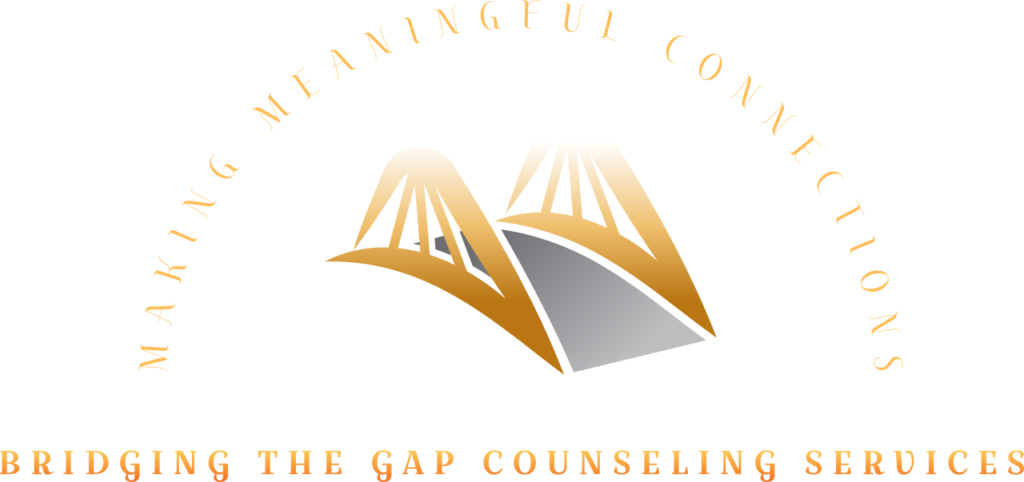
Addiction
Addiction is a complex condition that affects the brain, behavior, and relationships. It often begins as a way to cope with emotional pain, trauma, stress, or unmet needs—but over time, it can become a cycle that feels difficult or impossible to break.
Addiction isn’t limited to substances like alcohol, opioids, or stimulants. It can also involve behaviors such as gambling, sex, food, or technology use. Whether substance-related or behavioral, addiction often creates a sense of temporary relief or control, followed by shame, guilt, or deeper emotional distress.
At its core, addiction is not a moral failing or a lack of willpower. It’s a signal that something deeper is going on—something that needs attention, healing, and compassion. Many people who struggle with addiction are also living with untreated trauma, anxiety, depression, or chronic stress.
Therapy offers a safe, nonjudgmental space to explore the underlying causes of addiction, identify triggers, and begin the process of rebuilding. Effective treatment doesn’t just focus on stopping the behavior—it focuses on healing the pain beneath it, strengthening emotional regulation, and reconnecting with your sense of self-worth and purpose.
Recovery is possible. With support, insight, and the right tools, individuals can learn to manage cravings, repair relationships, and create a more grounded and fulfilling life—free from the patterns that once held them back.
